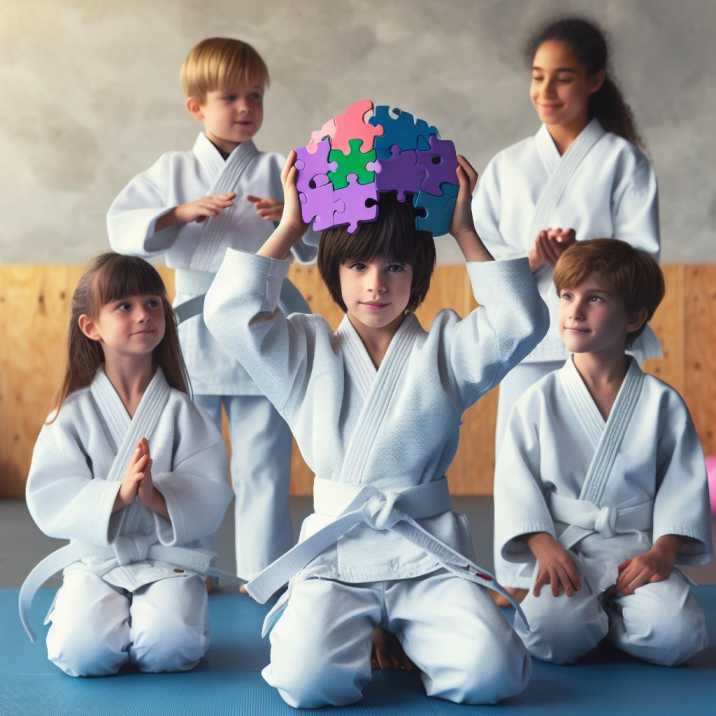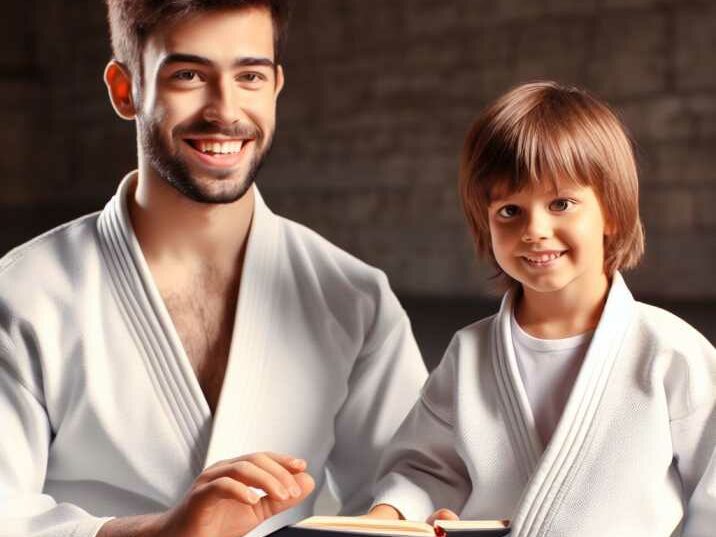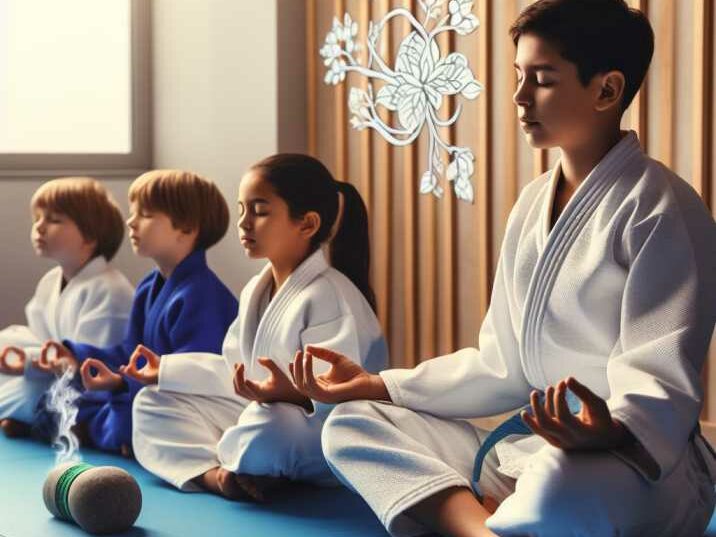Judo good for kids with ADHD
Table of Contents
introduction:
Is Judo good for kids with ADHD: 5 beneficial reasons? This question resonates with parents seeking effective and engaging outlets for their children. In this exploration, we delve into the world of Judo, uncovering the transformative benefits this martial art can offer to children facing the challenges of ADHD.

The Power of Judo: A Holistic Approach
Judo, often seen as a martial art and Olympic sport, goes beyond physical activity. It encompasses a holistic approach that fosters discipline, self-control, and mental resilience—qualities that can be particularly beneficial for kids with ADHD.
1: Structured Discipline
Is Judo good for kids with ADHD? One compelling reason is the structured discipline it instills. Emphasizing respect, following instructions, and maintaining focus, Judo classes provide a sense of routine and predictability that can benefit children with ADHD.

2: Channeling Energy Positively
Children with ADHD often possess abundant energy that needs an outlet. Judo offers a constructive way to channel that energy, providing not only physical activity but also a controlled and purposeful means of releasing pent-up energy.

3: Enhancing Concentration
Judo requires a high level of focus and concentration. Through repetitive movements, strategic thinking, and mindful practice, children with ADHD can develop and enhance their ability to concentrate—a skill that positively impacts academic performance and daily activities.
4: Boosting Self-Esteem
Children with ADHD may face challenges related to self-esteem and social interactions. Judo provides a supportive environment where kids can set and achieve goals, earn belts through skill progression, and gain recognition for their efforts. This positive reinforcement contributes to a boost in self-esteem.
5: Stress Reduction and Emotional Regulation
The practice of Judo incorporates mindfulness and controlled breathing, aiding in stress reduction and emotional regulation. These skills are invaluable for children with ADHD, helping them navigate the ups and downs of daily life with greater emotional resilience.

Conclusion:
In unraveling the question, “Is Judo good for kids with ADHD: 5 beneficial reasons? the evidence suggests a resounding yes. The structured discipline, energy channeling, enhanced concentration, boosted self-esteem, and stress reduction offered by Judo make it a valuable and holistic activity for children facing the challenges of ADHD. As we navigate the complex landscape of parenting, exploring alternative and empowering avenues like Judo can open doors to growth, development, and a brighter future for our children.
FAQs:
- Q: Is Judo safe for children with ADHD? A: Yes, Judo is generally safe and can be adapted to suit the individual needs of children with ADHD.
- Q: At what age can a child start Judo? A: Many Judo classes accept children as young as 6 or 7 years old.
- Q: How does Judo help with self-control? A: The structured nature of Judo classes teaches children to control their movements and impulses.
- Q: Can children with ADHD progress in Judo? A: Absolutely, Judo allows for individual progression, and children can advance at their own pace.
- Q: Are there any specific Judo techniques beneficial for ADHD? A: Movements that require focus and coordination, such as throws and ground exercises, can be particularly beneficial.
- Q: How can parents support a child with ADHD in Judo classes? A: Communicate with the Judo instructor about your child’s needs and provide positive reinforcement at home.
- Q: Are there Judo programs specifically designed for children with ADHD? A: Some do exist; inquire locally or with Judo organizations to find specialized programs.
- Q: Can Judo replace traditional ADHD treatments? A: Judo can be a complementary activity, but it’s essential to consult with healthcare professionals for a comprehensive approach.
- Q: How often should a child with ADHD attend Judo classes? A: Consistency is key; regular attendance, typically 1-2 times a week, can yield positive results.
- Q: Are there any potential drawbacks to introducing a child with ADHD to Judo? A: It’s crucial to assess the child’s comfort and interest, and some adaptation may be needed initially.
- Q: Can Judo be a social activity for children with ADHD? A: Yes, Judo classes provide opportunities for social interaction and teamwork.
- Q: How long does it take to see the benefits of Judo for a child with ADHD? A: While individual results vary, positive changes may be observed within a few months of consistent practice.


